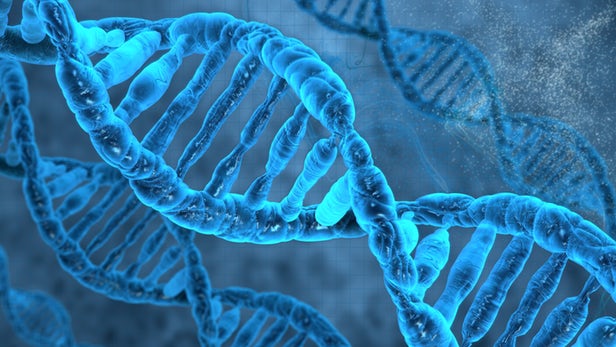
The human body’s immune system was designed to defend the body from infectious foreign attackers such as viruses, bacteria, and the like and keep them from invading our health. However, there are instances when instead of defending it the immune system can mistakenly attack the body.
A normal-functioning immune system will be able to tell the difference between outside invaders from the healthy cells present in the body, but when it malfunctions, the immune system can take some parts of the body, and mistake them for foreign entities. In response, the immune system releases what is called autoantibodies which attack the healthy cells. This condition is also known as the autoimmune disease.
Facts You Should Know

- Diagnosis doesn’t always only take one try before it is confirmed.
It could take multiple tests and diagnostics before the experts can tell what disease your body may have for the reason that the symptoms can vary in different parts of your body, and are not always consistent all throughout.
“How we can best support the nervous system during times of increased stress? (obviously ‘sleep,’ exercising and eating well, but even that doesn’t seem enough) and helping the body recover coming out of a stressful period.” – Julie Bjelland, LMFT
- Although they are not allergies, the symptoms of the disease that appear may be mistaken for allergic reactions.
There have been studies that show that there are genetic linkages to the cause of both allergies and autoimmune disease, and even allergies that may trigger certain conditions, however, the two cases are entirely different from one another.
- There are some cases where the autoimmune disease may target just one organ in your body.
Some common conditions are vasculitis, where the blood vessels are targeted, diabetes, where the pancreas is attacked, and psoriasis, which targets the skin. These are only 3 out of 80 different autoimmune diseases currently known to man.
“When people are depressed, they are not really assessing or learning as well and efficiently.” – Kimberly Smith, PsyD
- Autoimmune diseases can be genetic.
It does not necessarily mean that all family members are going to be affected by the disease, nor does it entail they will have the same type of autoimmune disease given the circumstance that the diagnostics confirm they have one, but they inherit the chances of getting the condition.
- Some ethnic groups are more vulnerable to certain autoimmune diseases than others.
Specific genetic factors may have a significant effect on the way the body reacts to different problems; some ethnic groups are more likely to be affected by particular diseases than others. Lupus, for example, is more common among African-Americans and Hispanics than it is among Caucasians.
- You can reverse your autoimmune disease.

“Autoimmune disorders-related healthcare costs amount to approximately $100 billion.” – Tori Rodriguez, MA, LPC
Many factors can cause an autoimmune disease, and genetics is one of them. With technology present today, it is possible for genes to be modified. Apart from your genes, your immune system can also be affected by diet, environment or personal circumstances. By making necessary changes and applying the proper care, you can reverse your bad genes, and restore a healthy immune system.
It is always essential to be knowledgeable and aware of how our bodies work. Although we hope that we never fall victim to such diseases, it is useful information to have come the time when such circumstances occur to us.
